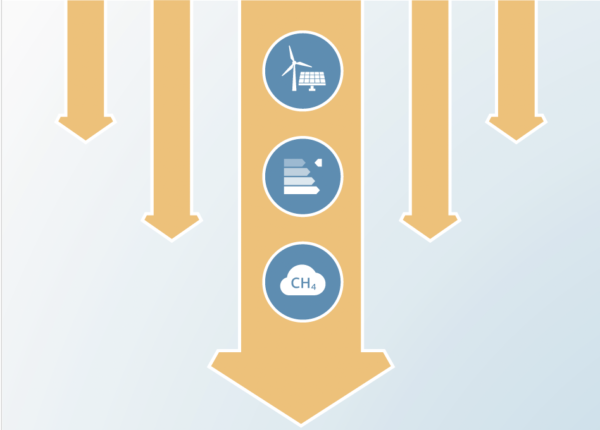Australia’s proposed ‘Kyoto carryover’ - nature, scale, implications, legal issues and environmental integrity of the Paris Agreement
Authors
M.J. Mace, Bill Hare

Under the Paris Agreement, Australia has committed to reduce its emissions by 26- 28% below 2005 levels by 2030. Australia is now considering whether to count what it portrays as “overachievement” under the Kyoto protocol, toward its emission reduction commitment (Nationally Determined Contribution, or NDC) for 2030 under the Paris Agreement.
This paper, commissioned by the Australia Institute, explores the rule set giving rise to Australia’s claim of this “overachievement”, and concludes that it would not be legitimate or defensible — from a factual, legal or equity perspective — for Australia to use Kyoto Protocol “overachievement” toward its Paris Agreement NDC.
Key findings:
- There is currently no legal basis for the ‘carryover’ of pre-2021 units from the Kyoto Protocol for use under the Paris Agreement. The Kyoto Protocol and Paris Agreement are separate treaties.
- Even within its own legal framework, the Kyoto Protocol does not permit the carryover of units or underlying reductions beyond the 2013-2020 second commitment period.
- Most of the claimed ‘overachievement’ derives directly from the fact that Australia had substantial domestic deforestation emissions in 1990. It would be perverse to reward Australia in 2030 for the existence of large-scale deforestation that took place forty years earlier.
- So called ‘overachievement’ can also be said to come directly from Australia’s decisions to allow itself an increase of 8% in its emissions in the first Kyoto commitment period compared to 1990 levels and a minimal 0.5% reduction for the second period. Having chosen far less ambitious targets than other countries Australia is now claiming to have ‘overachieved.’
- Efforts to seek recognition under the Paris Agreement for these historical artefacts as ‘overachievement’, in an effort to minimize future mitigation efforts, would be antithetical to the goals and principles of the Paris Agreement, to which Australia has itself subscribed as a Party.
- Australia’s exploits to water down its climate action through loopholes would only encourage other countries to follow suit.
- Were Australia to succeed in using carryover credits in the way it has proposed it would reduce Australia’s 2030 target from 26% to only a 14.3% reduction below 2005 emissions levels using 2018 projections (the cut is even greater under 2019 projections)











